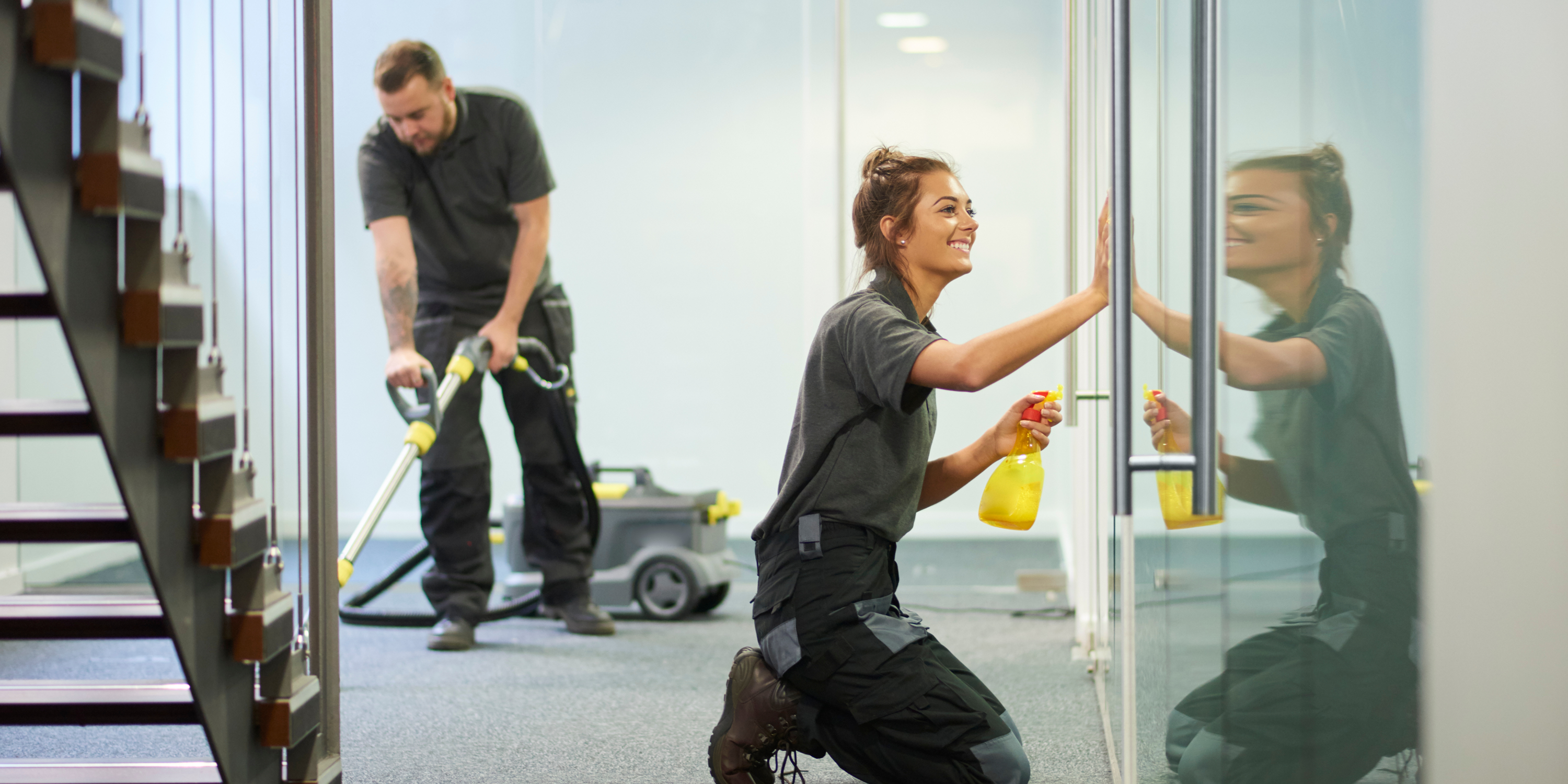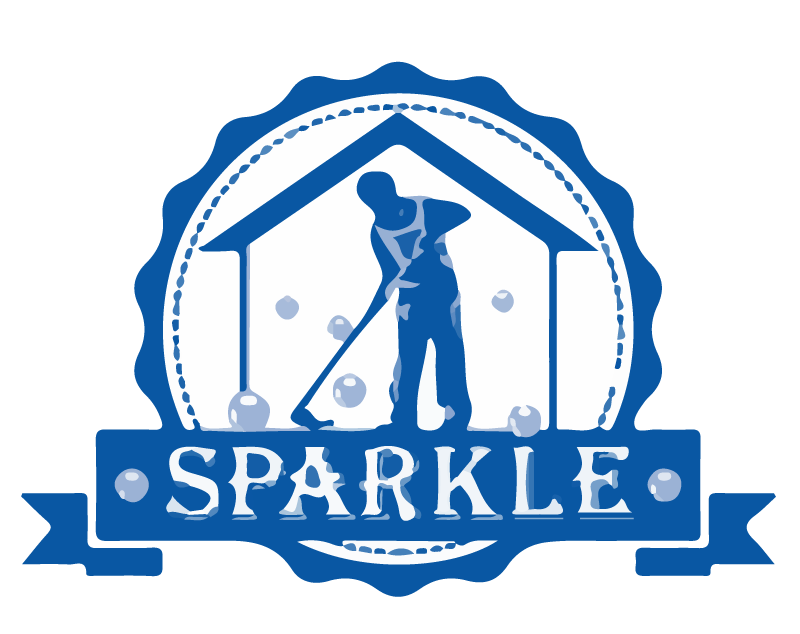Businesses require commercial spaces that are tidy and well-maintained. It enhances the well-being of employees and projects a professional image to clients and customers. Managing commercial cleansers, however, is challenging. Establishing unambiguous expectations, furnishing sufficient resources and training, establishing a feedback communication system, fostering accountability and responsibility, acknowledging and incentivizing exemplary performance, promptly and effectively resolving performance concerns, and perpetually refining and developing cleaning processes and procedures are all essential components. This article guides effectively supervising commercial cleaners.
Table of Contents
ToggleSetting Clear Expectations for Commercial Cleaners
Setting expectations is crucial when managing commercial cleaners. This involves defining the work, setting performance standards, and conveying expectations. Defining the scope of work requires listing the cleaners’ duties. Cleaning, vacuuming, mopping, sanitizing, emptying garbage cans, and refilling supplies are examples.
To assure cleaner quality and efficiency, performance standards must be set. Set standards for cleanliness, reaction time, and work completion. Clear communication of expectations prevents misunderstandings. Detailed instructions and guidance for each work are crucial.

Providing Adequate Training and Resources
Training and resources are crucial to managing commercial cleaners. Training needs must be identified to ensure cleaners have the skills and knowledge to do their jobs. This can include training on cleaning methods, equipment, chemicals, safety, and customer service.
In addition to training, cleaners need equipment and supplies to work efficiently. Vacuums, mops, brooms, cleaning solutions, disinfectants, gloves, and other cleaning tools are examples. To avoid accidents and damage, cleaners should be instructed on equipment use and maintenance.
Establishing a Communication System for Feedback
Commercial cleaning management requires good communication. Creating a feedback mechanism allows cleaners and managers to communicate openly. This can include regular check-ins, meetings, or a suggestion box where cleaners can voice issues and offer improvements.
Positive and collaborative workplaces result from open communication. It lets cleaners express their problems, improving problem-solving and decision-making. Regular feedback helps recognize good performance and identify areas for growth. Performance reviews, one-on-ones, and written comments can do this.
Encouraging Accountability and Responsibility
Commercial cleaner management requires accountability and responsibility. Accountability holds cleaners accountable for their activities and performance. Tracking attendance, work fulfillment, and performance concerns can help.
Cleaning workers should also be empowered to own their jobs. Involve them in decision-making, give them autonomy, and encourage pride in their job. A culture of accountability gives cleaners ownership and dedication.
Recognizing and Rewarding Good Performance
Recognizing and rewarding good performance motivates commercial cleaners. Rewarding their efforts promotes morale and fosters a positive workplace. This can be done verbally, in writing, or publicly.
In addition to recognition, bonuses, and incentives can boost cleaner performance. Rewards can be money, gift cards, or time off. Creating a nice work atmosphere helps recognize and reward good performance. This can include encouraging teamwork, a supportive and inclusive atmosphere, and growth and development.
Addressing Performance Issues Promptly and Effectively
Commercial cleaner management requires timely and effective performance issues resolution. Monitoring the cleaners’ performance, tracking work completion, and resolving departures from performance criteria helps identify performance difficulties. Poor work, missing deadlines, and frequent absences are examples.

Fixing problems quickly prevents performance loss and maintains cleanliness. This may involve talking to the cleaner about the performance concerns and providing support and resources to improve. These interactions should be empathetic and offer clear growth goals.
Continuously Improving and Evolving Cleaning Processes and Procedures
Management of commercial cleaners needs ongoing improvement. Regularly reviewing cleaning methods aids in identifying areas for development. This could entail benchmarking against industry standards, consumer or stakeholder input, cleaning, audits, and inspections.
Process changes may result from looking for ways to make cleaning better. This can involve utilizing novel tools, processes, cleaning techniques, or technology. Cleaners should be involved in this process to guarantee that their participation is appreciated.
Lastly, maintaining cleanliness requires effective supervision of commercial cleaners. Setting clear expectations, giving sufficient training and resources, putting in place a feedback communication system, promoting accountability and responsibility, identifying and rewarding good performance, promptly and effectively resolving performance issues, and consistently enhancing cleaning methods and procedures are all part of managing commercial cleaners. By using these suggestions, businesses may maintain the professionalism, cleanliness, and productivity of their commercial spaces.
Sparkle Commercial Cleaning Perth builds a core value for our clients by reducing operating costs while keeping their properties clean, comfortable, safe, and energy-efficient, through individual or integrated solutions. Without our clients, we wouldn’t be here today.
Useful Blogs
The Relationship Between Cleanliness And Mental Wellness
The Importance Of Builders Cleaning For Newly Built Houses In Perth
A Guide To Vacate Cleaning: Common Mistakes To Avoid
The Significance Of Using A School Cleaning Service In Perth To Keep The Learning Environment Safe And Clean
